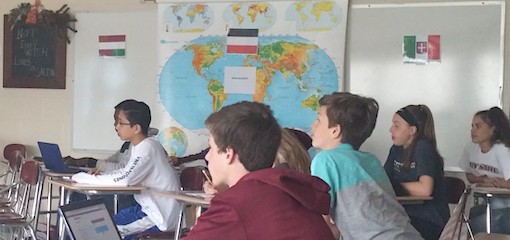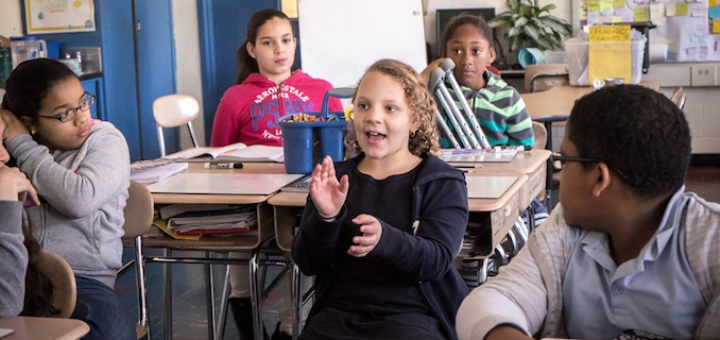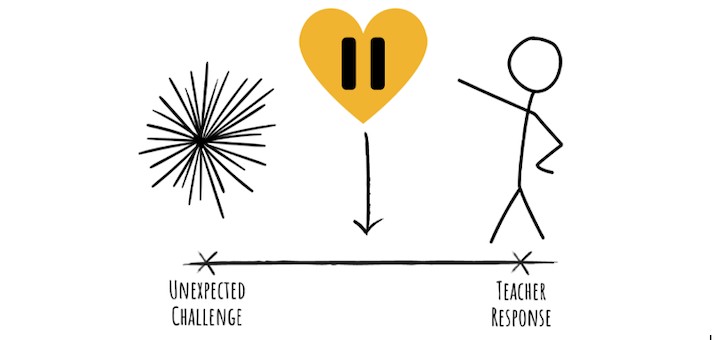Giving Students Agency to Help Tilt the World
Eighth grade teacher Sarah Cooper shares a class snapshot to show how much our students can understand. She believes it’s the obligation of social studies teachers (and others) to explore imperative issues of the past and present, “even when it would be infinitely easier not to.”























